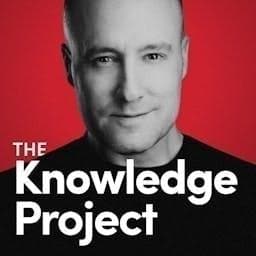In this episode, Uzair talks to Tabarak Rehman who is attempting to become the first person ever to run 1,400 kilometers across the length of Pakistan to raise awareness around the country’s education crisis. His goal is to raise $1 million for The Citizens Foundation, an incredible non-profit that operates nearly 2,000 schools in Pakistan.
Tabarak is a New York-based Turnaround & Restructuring Consultant at AlixPartners, who’s also super passionate about educating Pakistani students. Through his social media, he has guided hundreds of Pakistani students toward higher education in the U.S., even helping secure over a million dollars in student loans for at least 30 of them.
His academic journey started from his boarding high school, Cadet College Hasan Abdal after which he went to IBA Karachi for his undergrad and then Northeastern University in Boston, where he earned his Master's degree. He also holds a CFA Charter.
You can support Tabarak’s cause here - https://fundraise.tcfglobal.org/fundraiser/384593207740/tabarak-runs-across-pakistan-for-education
Follow Tabarak’s run here - https://www.instagram.com/tabarakruns/
Chapters:
0:00 Introduction
3:20 Tabarak’s journey
14:45 Resources for getting an education in the US
20:30 Running 1,400 kilometers
26:30 Training regimen
32:00 How to help
38:10 Reading recommendations
Reading recommendations:
- David and Goliath by Malcolm Gladwell
- The Richest Man in Babylon by George Clason
- Built to Last by James C. Collins and Jerry I. Porras




































